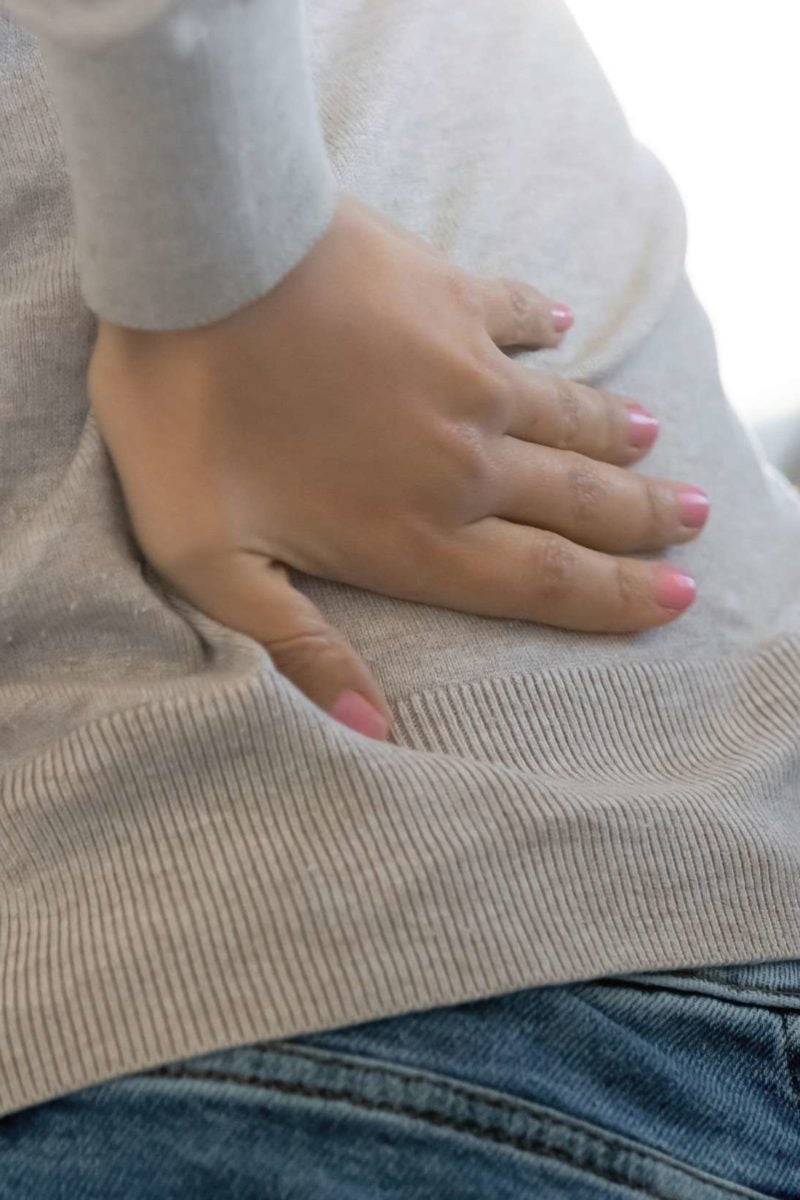

We also are Long Island’s only hospital performing kidney transplants in children - and we have a 100 percent success rate in new kidney function one year post-surgery. We offer diagnosis and evaluation, medical management, surgical treatment, dialysis and monitoring.
SIGNS OF KIDNEY ISSUES FULL
Stony Brook Children’s has the only pediatric nephrology service in Suffolk and Nassau counties that can manage the full spectrum of pediatric kidney diseases. How is kidney disease treated at Stony Brook Children's?

Kids with CKD or kidney failure (also known as end-stage kidney disease or ESKD) face many challenges, including a slow growth rate, urinary incontinence, delayed language and motor development. Chronic kidney disease (CKD) requires long-term management and tends to get worse over time. Acute kidney disease develops rapidly, is brief in duration, and may be curable if the underlying cause is treated. Kids may also present with symptoms of high blood pressure such as headache, chest pain, blurry vision or nose bleeds. As the disease progresses, there may be swelling of the eyes and feet, nausea and vomiting, fatigue and loss of appetite, and blood or protein in the urine. Some children show mild puffiness around the eyes and face, or have foamy urine. What are the symptoms of kidney disease in kids?Įarly kidney disease shows few if any signs. Diabetes and hypertension (high blood pressure) also can be factors.

The causes of kidney disease include birth defects, hereditary diseases, infection, nephrotic syndrome, systemic diseases, trauma and urine blockage or reflux. Kidney problems in children can range from reversible disorders without long-term effects to chronic disease and kidney failure. What can go wrong with kids' kidneys, and why? The extra fluid and waste that the kidneys remove from the blood are passed along to the bladder and then out of the body as urine. Their job is to clean the blood, maintain a balance of salt and water, and help regulate blood pressure and red blood cells. The kidneys are made up of millions of tiny filtering units called nephrons and are located just below the rib cage on both sides of the spine. Katarina Supe-Markovina, Director of the Pediatric Hypertension Center at Stony Brook Children’s Hospital, discuss what every parent needs to know. Robert Woroniecki, Division Chief of Pediatric Nephrology and Hypertension, and Dr. What should you know about your child’s kidneys and when should you seek help? The pediatric nephrologists (children’s kidney specialists) at Stony Brook Children’s Hospital offer comprehensive services for kidney problems of all kinds - with an emphasis on accurate and early identification of potential issues.


 0 kommentar(er)
0 kommentar(er)
